Fundamentals Of Nursing 4th Edition By Delaune – Test Bank
CHAPTER 11: LEADERSHIP, DELEGATION, AND POWER
MULTIPLE CHOICE
1. The nurse determines that nursing is a profession because it adheres to which of the following criteria?
a. Expanding body of knowledge
b. Regulation by physicians
c. Pay representing the service to humanity
d. Discipline of members delegated to hospital organizations
ANS: A
There are specific criteria that must be adhered to for nursing to be considered a profession. These criteria include an expanding body of knowledge, provision of a unique service to society, personal responsibility to the public, long period of education, and autonomy. The other choices do not support the criteria of a profession and are incorrect.
PTS: 1 DIF: Application
REF: Table 11-1 Comparison of Nursing to Criteria of a Profession
2. The registered nurse who reads articles in professional journals and attends continuing education workshops is demonstrating which of the following?
a. Organizational accountability c. Standards of care
b. Professional accountability d. Legislative accountability
ANS: B
The nurse demonstrates professional accountability by reading journal articles and attending continuing education workshops in order to maintain competency to practice. Organizational accountability is the means by which members of a profession join together to promote and protect the profession. Standards of care are expectations that reflect the caring and professional expectations of nursing. Legislative accountability means nursing has legislation that clearly defines the role and scope of nursing practice.
PTS: 1 DIF: Application
REF: Elements of Professional Accountability| Legislative Accountability
3. The nurse is planning to acquire certification. This credential means that the nurse:
a. has received accredited status by a nongovernmental agency which appraises and grants accredited status to institutions that meet predetermined criteria.
b. has the legal rights granted to the profession by the public.
c. understands the law governing the practice of nursing.
d. has been certified by a nongovernmental agency that certifies that an individual licensed to practice a profession has met predetermined standards specified for practice.
ANS: D
Certification is the process by which a nongovernmental agency certifies that an individual licensed to practice a profession has met predetermined standards specific for practice. Accreditation is the process by which a nongovernmental agency appraises and grants status to institutions that meet predetermined criteria. Legal regulation is the process by which legal rights have been granted to the profession by the public. The state practice act are the laws governing the practice of nursing.
PTS: 1 DIF: Application REF: Elements of Professional Accountability
4. The graduate of a school of nursing will receive the title registered nurse by the:
a. state in which they practice.
b. nursing school they attended.
c. National Council of State Boards of Nursing.
d. American Nurses Association.
ANS: A
State licensure grants the nurse legal authority to perform certain acts and to use a specific title that reflects one’s practice rights. The school of nursing, National Council of State Boards of Nursing, or the American Nurses Association do not bestow the title of registered nurse to graduates of schools of nursing.
PTS: 1 DIF: Application REF: Licensure
5. The graduate of a school of nursing has just been given the title registered nurse. This title will assure the public that the nurse has:
a. achieved excellence in nursing.
b. at least minimal competence in nursing.
c. membership in a professional organization.
d. expertise in a specialty area.
ANS: B
Licensure is granted based on evidence that the individual has attained the minimum degree of competency in nursing to ensure being a safe practitioner. The title of registered nurse does not mean that the graduate has achieved excellence in nursing or membership in a professional organization. The title does not mean the graduate has expertise in a specialty area.
PTS: 1 DIF: Application REF: Licensure
6. A registered nurse, living in one state, is going to move to another state. The nurse applies for which type of licensure in the new state?
a. Licensure by examination c. Licensure by NCLEX-RN CAT
b. Licensure by endorsement d. Waiver of licensure
ANS: B
Licensure by endorsement is the process by which an individual who is duly licensed as a registered nurse under the laws of one state or country has those credentials accepted and approved by another state or country. Licensure by examination is the process by which an individual who has completed an approved nursing program seeks initial licensure by successfully passing a standardized competency examination. Licensure by NCLEX-RN CAT and waiver of licensure do not exist.
PTS: 1 DIF: Application REF: Licensure Process
7. The nurse is reviewing information available through the state board of nursing. Which of the following would be considered as part of this information?
a. Approve educational programs that prepare individuals for taking the NCLEX-RN examination in another state
b. Explain how the state board of nursing is a federal organization
c. Discipline licensees as necessary to protect the public
d. Work for the adoption of appropriate salary and reimbursement policies for nurses
ANS: C
The primary purpose of the state board of nursing is to protect the public from unqualified or incompetent practitioners. The state board also disciplines licensees as necessary in order to protect the public. The state board of nursing will not help prepare an individual to take the NCLEX-RN examination in another state. The state board of nursing is not a federal organization. State boards of nursing do not work for the adoption of appropriate salary and reimbursement policies for nurses.
PTS: 1 DIF: Analysis REF: Legislative Accountability
8. A citizen of a community wants to become involved in activities that support nursing service and education. To which organization should this individual be referred?
a. National League for Nursing c. National Student Nurses Association
b. American Nurses Association d. International Council of Nurses
ANS: A
The National League for Nursing is an organization that is open to any individual or agency interested in improving nursing services or education. Only nurses can be members of the American Nurses Association. Student nurses can become members of the National Student Nurses Association. The International Council of Nurses is a nongovernmental federation of 112 national nurses’ associations.
PTS: 1 DIF: Application REF: Table 11-3 Professional Organizations
9. The nurse wants to be viewed as a leader and not as a manager. Leadership and management are different in that:
a. leadership involves motivating and guiding others to achieve goals.
b. leadership is the accomplishment of tasks either by oneself or by directing others.
c. management is the individual’s ability to communicate.
d. management requires the leader to maintain strong control.
ANS: A
Leadership is the interpersonal process that motivates and guides others to achieve goals. Management is the accomplishment of tasks either by oneself or by directing others. The ability to communicate is a skill needed for both leadership and management. Maintaining strong control describes a type of leadership style.
PTS: 1 DIF: Analysis REF: Leadership in Nursing
10. The nurse manager who practices the leadership style that is leader-focused is demonstrating which type of leadership style?
a. Democratic c. Autocratic
b. Laissez-faire d. Synergistic
ANS: C
The autocratic leadership style is leader-focused. The democratic leadership style is based on the belief that every group member should have input into development of goals and problem solving. The laissez-faire leadership style is a passive, nondirect, and inactive approach. Synergistic is not a type of leadership style.
PTS: 1 DIF: Analysis REF: Leadership Styles


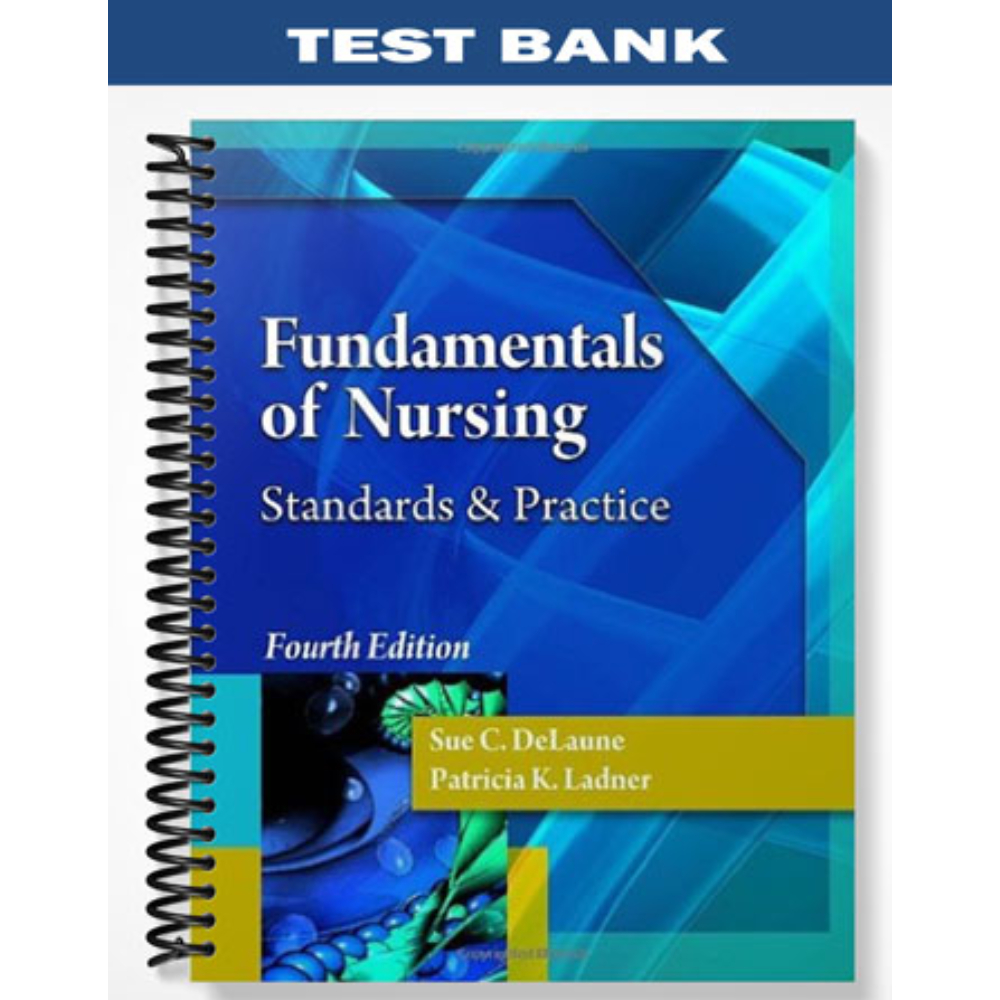

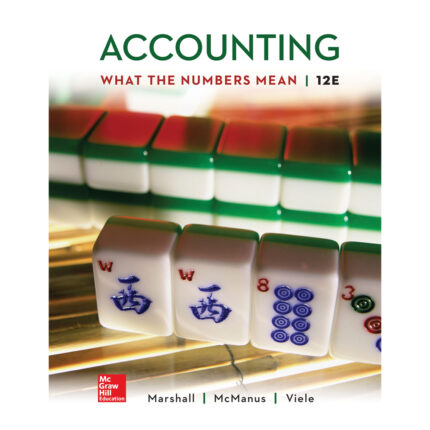



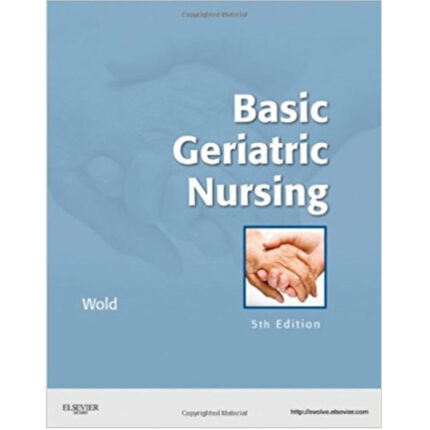
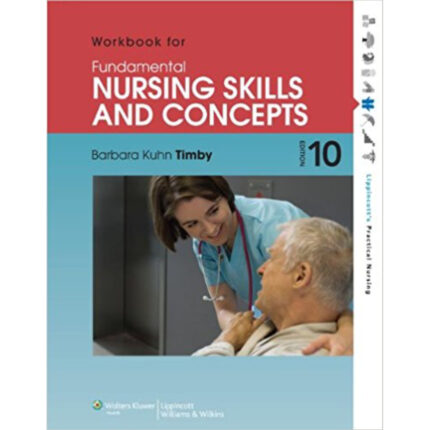

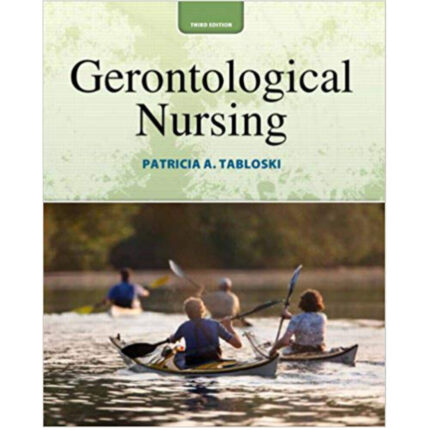

Reviews
There are no reviews yet.